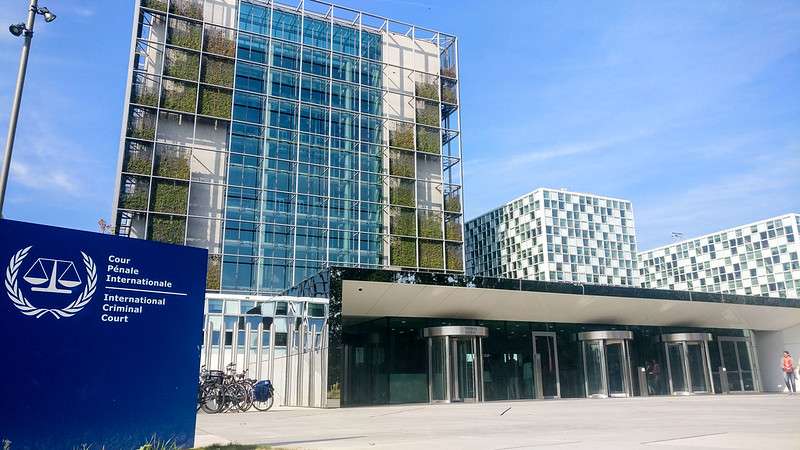This article is cross-posted at Lawfare. On March 6, the Office of the Prosecutor of the International Criminal Court (ICC) published a draft Policy on cyber-enabled crimes, which is now open for public consultation. States and non-state actors are increasingly using advanced cyber tools, including artificial intelligence (AI), to commit or facilitate crimes against international law. This happens both in peacetime situations and especially in wartime. The incidence of such potentially criminal use of new technologies will only be on the rise, and it requires a response. The draft Policy is part of that response, explaining both how the Office will interpret the provisions of the Rome Statute of the ICC in a cyber context and what practical measures it will adopt when conducting its investigations and prosecutions. All legal systems must adapt to challenges posed by new technologies, including cyber and AI. There are various processes through which this kind of adaptation can be done. One such process—legislative action—is exceptionally difficult in the international legal system, especially in a political climate that…
Cyber Operations
Proxy Countermeasures in International Law
Introduction In the last few years, the term ‘collective countermeasures’ has at times been used to refer to two conceptually distinct claims. It has continued to be used to refer to the idea that a State other than an injured State, in the sense of Article 48 of the ILC Articles on State Responsibility, may take…
The Prosecutor’s New Policy on ‘Cyber Operations’ before the International Criminal Court (and its Implications for Ukraine): Some Preliminary Reflections
In late August, the International Criminal Court’s (ICC) chief prosecutor, Karim A. A. Khan, published a little-noticed op-ed with Foreign Policy Analytics discussing the potential for the ICC to prosecute ‘cyberattacks’ as international crimes pursuant to the Rome Statute (RS). A cyberattack, according to the Tallinn Manual 2.0, is a ‘cyber operation,…
